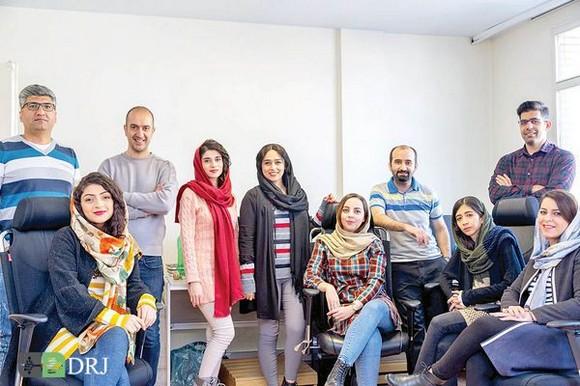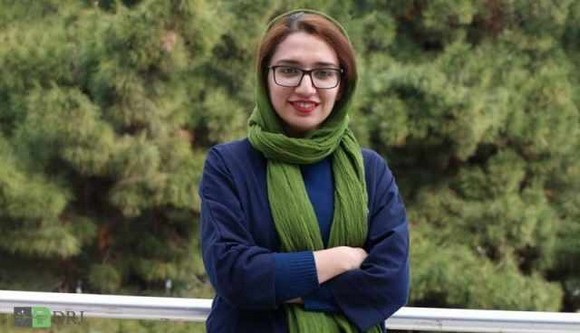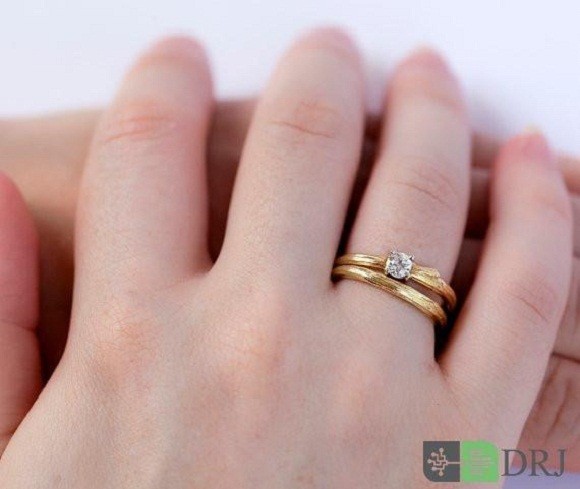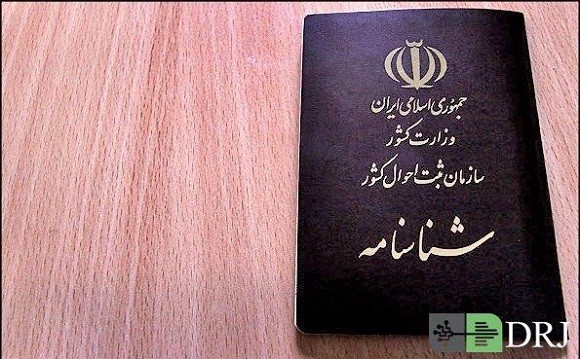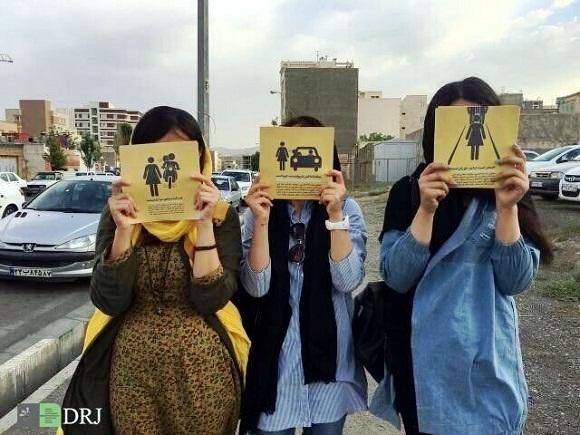Ahmad Ibn Muhammad Ibn Miskawayh
Ahmad Ibn Muhammad ( Ibn ) Miskawayh ( ca . 320/932-421/1030 )
A contemporary of Ibn Sina and al-Biruni , Ahmad ibn Muhammad ibn Miskawayh was born in Rayy around 320/932 . His full name was Abu Ali Ahmad b . Muhammad b . Yaqub . His name was Miskawayh , and not Ibn Miskawayh , but the Orientalists followed an inaccurate tradition and he became famous as Ibn Miskawayh .
He was a secretary and a librarian for the viziers al-Muhallabi ( 340-52/950-63 ) , Abu’l Fadl ( 353-60/951-70 ) and Abu’l Fath ( 360-6/970-6 ) and finally for the Buyid Adud al-Dawla ( d . 372/983 ) . Ibn Miskawayh was part of the Arabo-Persian artistocracy of his times and frequented the circles of the most learned of representatives of Islamic intellectual tradition . This included al-Tawhidi , al-`Amiri , Ibn Sa`daan , al-Sahib ibn `Abbad , Abu Sulayman al-Mantiki , Badi` al-Zaman , Abu Bakr al-Khwarazmi and many others . He studied the works of Ibn Tabari with Ibn Kamil who was a student of the famous historian . According to Yakut , Ibn Miskawayh died on 9 Safar 421/16 Febrary 1030 , at the age of 100 . Like so many other intellectuals of his time , Ibn Miskawayh studied philosophy and history as means of investigating Truth ( al-Haq ) . Working in the Islamic Neoplatonic tradition , Ibn Miskawayh placed a great deal of importance on ethics . He formulated rules for the preservation of moral health and described ways in which the various parts of the soul can be brought together into harmony . Ibn Miskawayh wrote on subjects as wide as history , psychology and chemistry . He was a fine representative of that branch of Islamic philosophy which viewed the Greek philosophers in the light of their views on the unity and existence of God . He also argued for Aristotle's identification of the One Creator with an Unmoved Mover . Such a creator can only be described in terms of negative concepts , an interesting pre-figurement of the tradition of the via negativa in philosophy . Sometimes inaccurately cited as a pre-cursor to Darwinism , Ibn Miskawayh described emanation as a process through which the creator produces the active intellect , the soul and the heavens without intermediaries . This was a radical departure from the normal Neoplatonic account of emanation , then current in Islamic philosophy , which used the notion of ‘a scale of being’ for separating different levels of emanation . Ibn Miskawayh's works on ethics are far more important than his works on metaphysics . His Taharat al-a'raq ( Purity of Dispositions ) , better known as Tahdhib al-akhlaq ( Cultivation of Morals , ed . C . Zurayk , Beirut 1967 , Fr . Tr . M . Arkoun , 1969 ) , explains , in detail , the path to acquiring the correct balance to morally correct actions in an organized and systematic manner . He uses a Platonic concept of nature of soul , seen as a self-subsisting entity or substance—in marked contrast to the Aristotelian notion—to distinguish humans from animals and other things . The soul cannot be an accident ( or property of the body ) because it has the power to distinguish between accidents and essential concepts and is not limited to awareness of accidental things by the senses . Rather , it can apprehend a great variety of immaterial and abstract entities . He argues that if the soul were only an accident , it would not be able to distinguish and discern; it would only be able to perform in the limited ways of the physical parts of the body . The soul is not an accident , hence when we want to concentrate upon abstract issues the body is actually an obstruction that we must avoid if we are to make contact with intelligible reality . The soul , then , is an immortal and independent substance that controls the body . It has an essence opposite to that of the body , and so cannot die; it is involved in an eternal and circular motion , replicated by the organization of the heavens . This motion moves either upwards , towards reason and the active intellect , or downwards towards matter . Our happiness arises through upwards movement , our misfortunes through movement in the opposite direction . This concept argues that unity is equivalent to perfection , while multiplicity is equivalent to a meaningless plurality of physical objects . Expanding his concept , Ibn Miskawayh explores the notion of justice . He distinguishes between human and divine justice . Human justice is variable and depends upon the changing nature of particular states and communities . The law of the state is based upon the contingent features of the time , while the divine law specifies what is to be done everywhere and at every time . Ibn Miskawayh’s emphasis upon reason to guide humanity has led Mohammed Arkoun ( 1969 ) to label him as a humanist . But this must be seen in the light of the Islamic intellectual tradition and not in the light of European humanism . And within the Islamic intellectual tradition , Ibn Miskawayh was strongly criticized for his “humanism” . Al-Ghazali , for instance , seems to consider his arguments about the religious rituals totally unacceptable . Ibn Miskawayh considered the religious rituals in their functional aspects only; that is to say that they help us in adapting to religious life , using the dispositions that are natural to us , so that the rules and customs of religion are essentially reasonable . A whole range of authorities may be consulted to help us understand our religious duties concerning how we are to live and what we are to believe; some of these are Islamic , while others are not . Ibn Miskawayh seems on the whole to accord greater respect to Greek rather than specifically Islamic authorities . Ibn Miskawayh avoided the notion of revelation to resolve theoretical difficulties; he wanted to use only reason for all problems . It was his elegant style , practical relevance and philosophical vigor that prolonged his influence in the Islamic world . It is his particular emphasis on reason alone , as well his emanation scheme , that is sometimes brought in favor of his supposed “Darwinism” . Bibliography
Ibn Miskawayh , Tahdhib al-akhlaq ( Cultivation of Morals ) , ed . C . Zurayk ( 1966 ) , American University of Beirut Centennial Publications , Beirut; trans . C . Zurayk ( 1968 ) , The Refinement of Character , American University of Beirut , Beirut . ( A summary of Ibn Miskawayh's ethical system . This work is also known as Taharat al-a'raq ( Purity of Dispositions ) . )Arkoun , M . ( 1961-2 ) , 'Deux épîtres de Miskawayh' ( Two Treatises of Miskawayh ) , Bulletin d'Études Orientales ( Institut Français de Damas ) 17: 7-74 . ( A clear account of Ibn Miskawayh's general metaphysics as well as his ethics . )
Arkoun , M . ( 1970 ) , Contribution à l'Étude de l'humanisme arabe au IVe/Xe siècle: Miskawayh , philosophe et historien ( 320/325-421 ) = ( 932/936-1030 ) ( Contribution to the Study of Arab Humanism in the 4th/10th Century: Miskawayh , Philosopher and Historian ) , Paris: Vrin; revised 2nd edn , 1982 . ( The standard exegesis of Ibn Miskawayh's contribution to philosophy and history . )
Fakhry , M . ( 1975 ) , 'The Platonism of Miskawayh and its Implications for his Ethics' in Studia Islamica 43: 39-57 . ( A careful account of the Platonic and Neoplatonic influences on Ibn Miskawayh . )
Goodman , L . ( 1996 ) , 'Friendship in Aristotle , Miskawayh and al-Ghazali' in O . Leaman ( ed . ) Friendship East and West: Philosophical Perspectives , Curzon , Richmond , pp . 164-91 . ( A range of views on friendship , and their philosophical significance explained . )
Kraemer , J . ( 1984 ) , 'Humanism in the Renaissance of Islam: a Preliminary Study’ in Journal of the American Oriental Society 104 ( 1 ): 135-64 . ( An account of Ibn Miskawayh's place in the culture of Islamic humanism . )
Leaman , O . ( 1996a ) , 'Ibn Miskawayh' in S . H . Nasr and O . Leaman ( eds . ) History of Islamic Philosophy , Routledge , London , pp . 252-7 . ( An account of the context within which Ibn Miskawayh worked and the influence of his views . )
Leaman , O . ( 1996b ) , 'Islamic Humanism in the Fourth/Tenth Century' in S . H . Nasr and O . Leaman ( eds . ) , History of Islamic Philosophy , Routledge , London , pp . 155-61 . ( survey of a group of thinkers including Ibn Miskawayh , al-Tawhidi and al-Sijistani . )
Leaman , O . ( 1996c ) , 'Secular Friendship and Religious Devotion' in O . Leaman ( ed . ) Friendship East and West: Philosophical Perspectives , Curzon , Richmond . ( account of Ibn Miskawayh's notion of friendship and a comparison with contrary views . )








